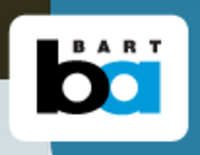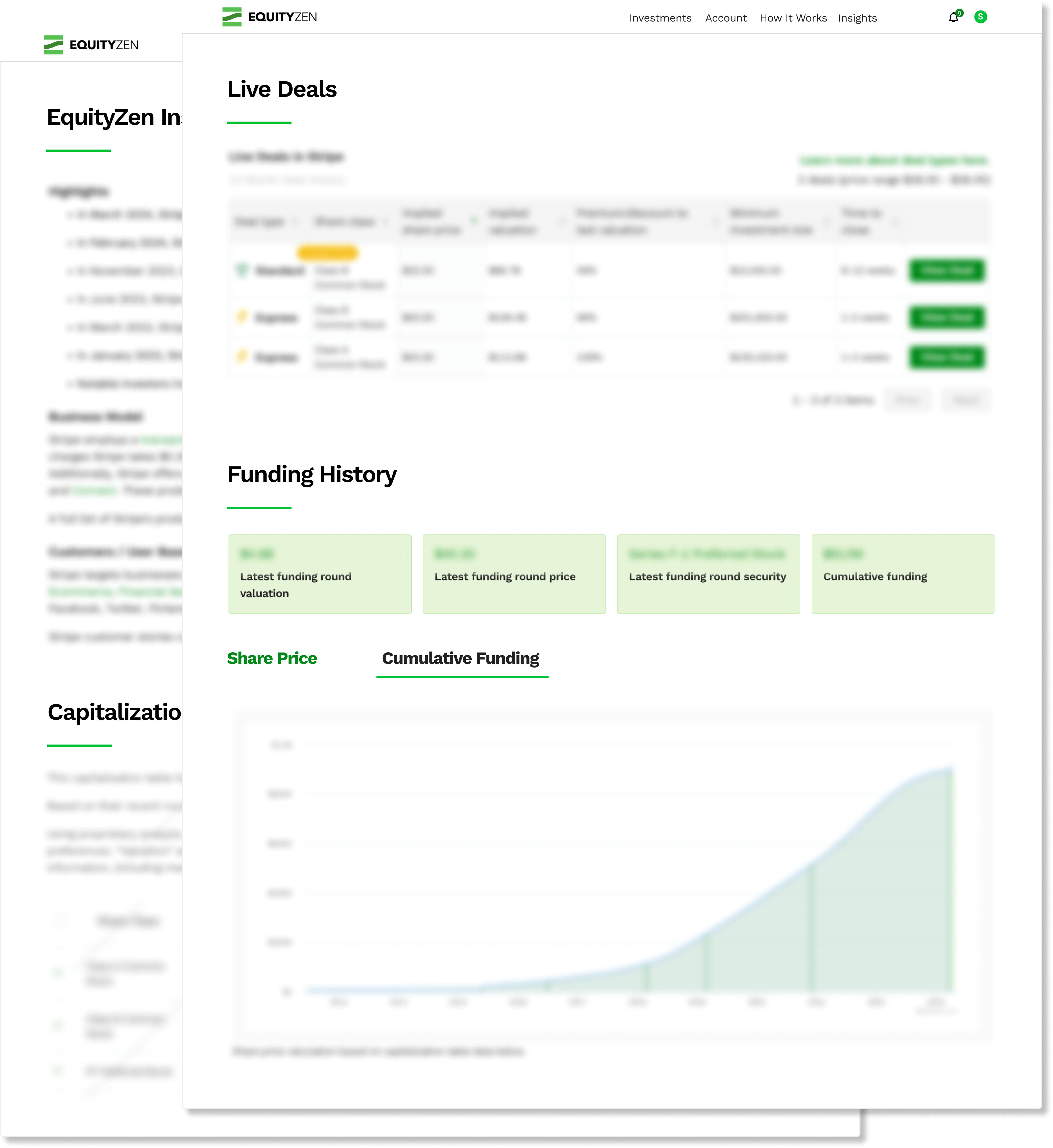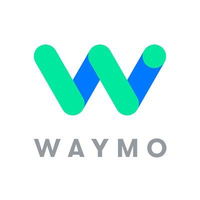Sign Up Today and Learn More About BART Stock
Invest in or calculate the value of your shares in BART or other pre-IPO companies through EquityZen's platform.

BART Stock (BART)
As early as 1911, visionaries considered a "Jules Verne" concept of building an underwater tube across San Francisco Bay.
About BART Stock
Founded
1957
Headquarters
Oakland, CA, US
Industries
Software, Artificial Intelligence, Financial Services
BART Press Mentions
Stay in the know about the latest news on BART
BART improves in safety, cleanliness and satisfaction, yet ridership recovery remains slow
eastbaytimes • Jul 01, 2025
BART improves in safety, cleanliness and satisfaction, yet ridership recovery remains slow
mercurynews • Jun 30, 2025
BART fully restores service days after fire-sparked system disruption
mercurynews • May 26, 2025
San Jose officials push city to find alternative site for Berryessa Flea Market
mercurynews • May 17, 2025
San Jose officials push city to find alternative site for Berryessa Flea Market
eastbaytimes • May 17, 2025

Join now and verify your accreditation status to gain access to:
- BART Current Valuation
- BART Stock Price
- BART Management
- Available deals in BART and all other companies with relevant Deal Offering documents
- EquityZen's proprietary data and insights, which may include
- BART Cap Table and Funding History by Share Class and Liquidity Preferences
- BART Revenue and Financials
- BART Highlights
- BART Business Model
- BART Risk Factors
- BART Research Report from SACRA Research
Trading BART Stock
How to invest in BART stock?
Accredited investors can buy pre-IPO stock in companies like BART through EquityZen funds. These investments are made available by existing BART shareholders who sell their shares on our platform. Typically, these are early employees who need to fund a life event – house, education, etc. Accredited investors are then offered the opportunity to invest in this stock through a fund, like those used by hedge funds serving large investors. While not without risk, investing in private companies can help investors reach goals of portfolio diversification, access to potential growth and high potential return. Learn more about our Guided Investment process here.
How to sell BART stock?
Shareholders can sell their BART stock through EquityZen's private company marketplace. EquityZen's network includes over 380K accredited investors interested in buying private company stock. Learn more about the easy and guided Shareholder process here.
If I invest, how do I exit my investment?
There are two ways to exit your private company investment on EquityZen's marketplace. The first is if the company has an exit event like an IPO, merger or acquisition. In that case, we will distribute the shares and/or cash to you directly. The second way is through an Express Deal on EquityZen, if eligible. An Express Deal allows you to sell your allocation of private shares in a given private company to another investor on EquityZen's marketplace. More information on Express Deals can be found here and exit information can be found here.
Why choose EquityZen?
Since 2013, the EquityZen marketplace has made it easy to buy and sell shares in private companies. EquityZen brings together investors and shareholders, providing liquidity to early shareholders and private market access to accredited investors. With low investment minimums through our funds and with more than 47K private placements completed across 450+ companies, EquityZen leads the way in delivering "Private Markets for the Public."





